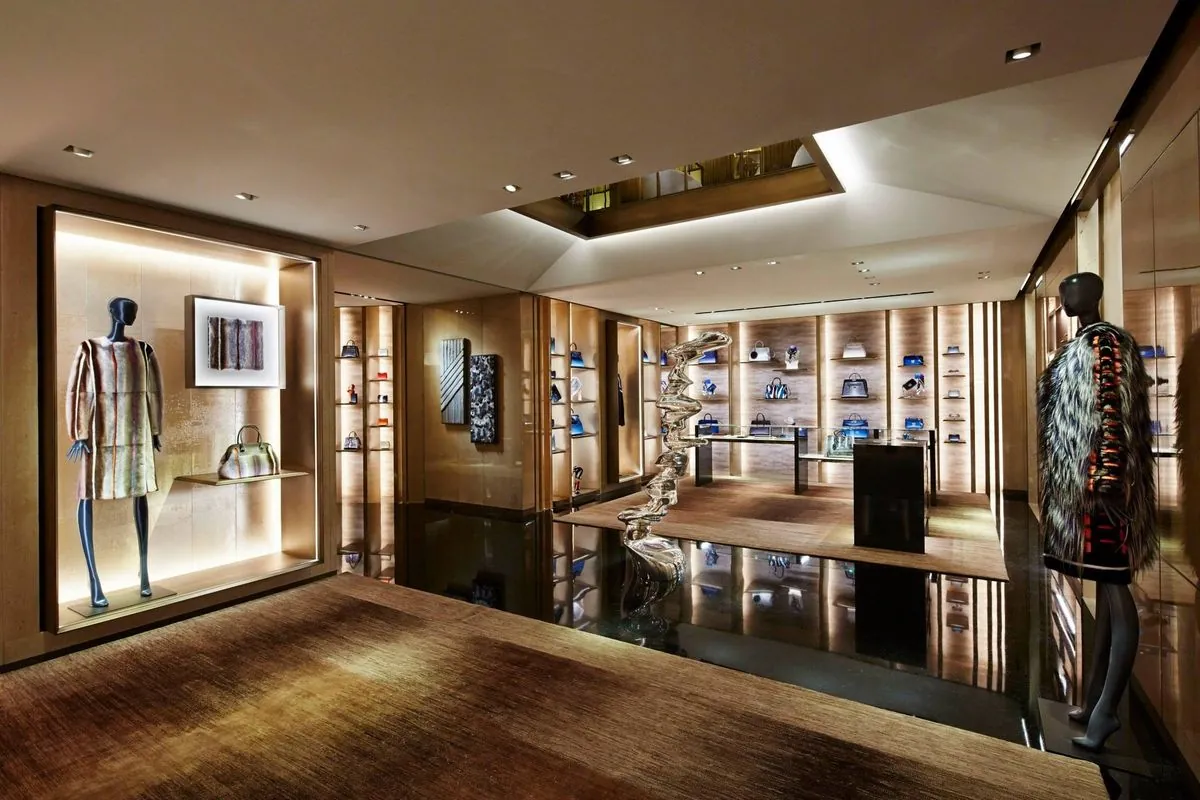LVMH Reports Slowing Sales Growth Amid Luxury Sector Concerns
LVMH, the world's largest luxury group, reported a 1% organic sales growth in Q2 2023, missing analyst expectations. The slowdown raises concerns about the luxury goods sector, particularly in China.

LVMH, the world's largest luxury goods conglomerate, has reported a deceleration in sales growth for the second quarter of 2023, raising concerns about the overall health of the luxury sector. The Paris-based company, which owns prestigious brands such as Louis Vuitton, Tiffany & Co., and Hennessy, saw its sales increase by a modest 1% on an organic basis to 20.98 billion euros ($22.8 billion).
This performance fell short of analyst expectations, which had projected revenues of 21.6 billion euros. The slowdown is particularly notable given LVMH's status as a bellwether for the luxury industry. Founded in 1987 through the merger of Louis Vuitton and Moët Hennessy, LVMH has grown to encompass over 75 prestigious brands across various sectors.
The company's Chief Financial Officer, Jean-Jacques Guiony, addressed the situation, stating that while it was challenging to provide a clear outlook on the Chinese market, "the Chinese customer is holding up quite well." However, the data tells a more complex story, with sales in Asia (excluding Japan) declining by 14% in the second quarter, a significant worsening from the 6% drop observed in the first quarter.

The fashion and leather goods division, which includes flagship brands Louis Vuitton and Christian Dior, experienced a slight growth of 1%, marginally lower than the previous quarter's 2% increase. This division is crucial for LVMH, accounting for nearly half of the group's sales and the majority of its operating profit.
LVMH's operating profit for the first half of 2023 stood at 10.65 billion euros, with an operating margin of 25.6%, down from 27.4% in the same period last year. This decline in profitability, coupled with the sales slowdown, has contributed to investor concerns about the luxury sector's growth prospects.
"All in all, this shouldn't be an insurmountable problem, given the minimal size of the miss and the significant pullback the LVMH share price has suffered since the initial post 4Q23 reporting euphoria."
The luxury industry is closely watching these developments, with other major players such as Kering (owner of Gucci) and Hermès set to report their results in the coming days. The sector's performance is particularly significant given its role as an indicator of global economic health and consumer confidence.
It's worth noting that LVMH's diverse portfolio, which includes renowned brands like TAG Heuer, Hublot, and Moët & Chandon, may provide some resilience in the face of market fluctuations. The company's long-standing presence in the luxury market, dating back to its listing on the Paris Stock Exchange in 1988, also speaks to its ability to navigate economic cycles.
As the luxury sector grapples with these challenges, all eyes will be on consumer behavior in key markets, particularly China, and the strategies employed by major players to maintain growth in an increasingly complex global economic landscape.


































